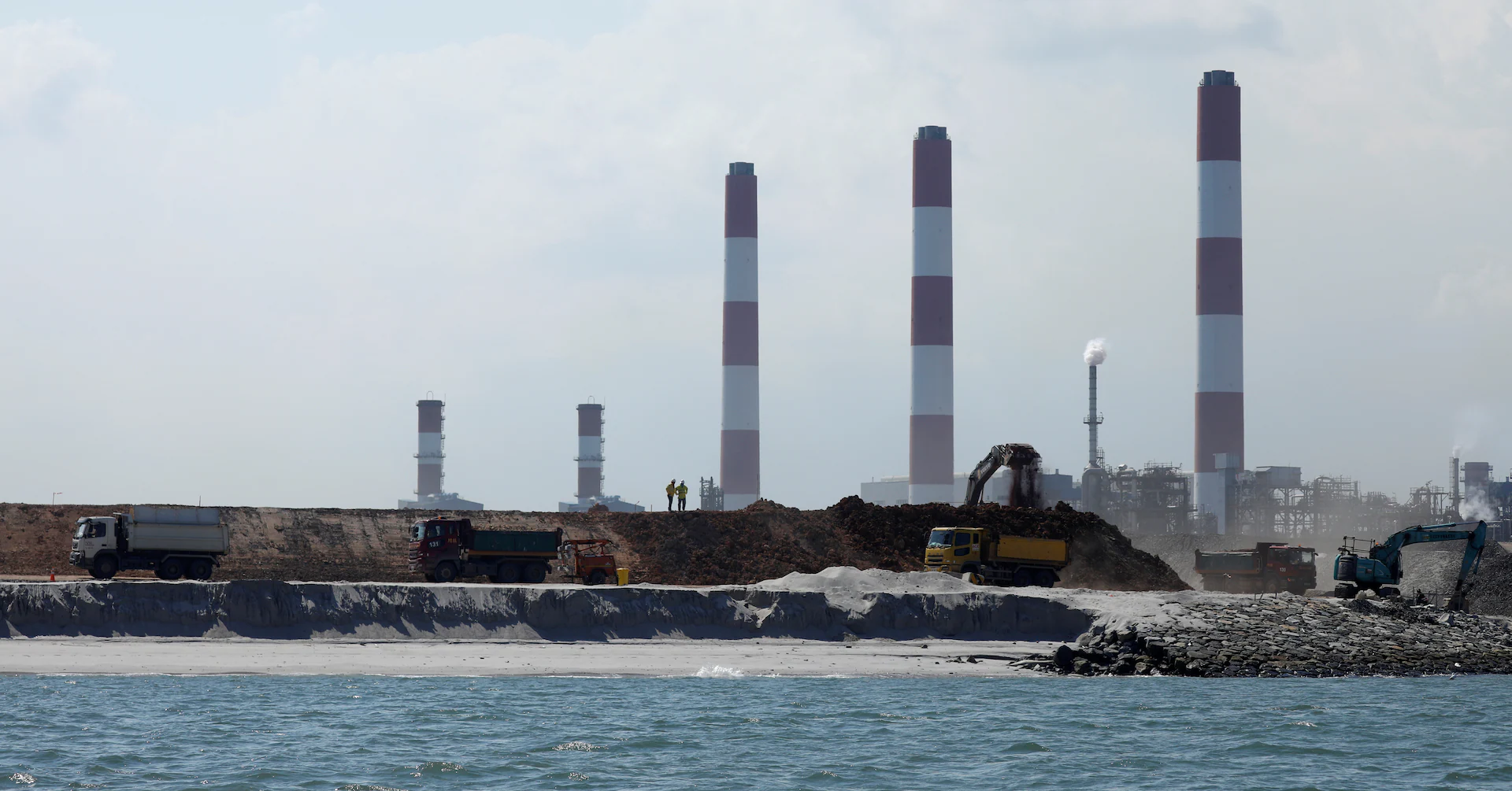Copyright astanatimes

ASTANA – Kazakhstan has signed the United Nations Convention against Cybercrime in Hanoi, Vietnam. The document aims to strengthen international cooperation in combating crimes in the field of information and communications technology and enhance global cybersecurity. A Kazakh delegation led by First Deputy Minister of Internal Affairs, Police Major General Bauyrzhan Alenov, took part in the signing ceremony, reported polisia.kz on Oct. 7. Accession to the convention will enable Kazakhstan to exchange electronic evidence with other countries promptly, collaborate more effectively in investigating cross-border cybercrime, and better protect citizens from online fraud, cyberattacks, and other digital threats. Adopted by the UN General Assembly in December 2024, the convention is the first comprehensive international legal instrument to address the prevention and investigation of crimes committed through digital technologies. It establishes a framework for cooperation between member states and expands definitions of cybercrime and jurisdictional powers. One of the key provisions of the document is its expanded jurisdiction, allowing states to prosecute not only crimes committed within their territory but also offenses in which their citizens or legal entities suffer damage abroad. It also introduces expedited procedures for the preservation and exchange of electronic evidence between law enforcement agencies of different countries, reported Kazinform. Kazakhstan’s Ministry of Internal Affairs actively contributed to drafting the convention, representing national interests and proposing mechanisms for practical international cooperation. Accession marks an essential step in implementing Kazakhstan’s state policy on digital security and strengthening the national system for countering cyber threats. The convention emphasizes that all enforcement measures must respect human rights, privacy, and freedom of expression. The convention will remain open for signature at UN Headquarters in New York until the end of 2026.



